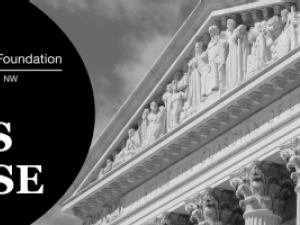The advisory committees will assist TxDOT with planning and decision making on statewide initiatives, such as the Trans-Texas Corridor.
"To develop the major transportation corridors successfully, we want to build greater cooperation and better understanding with the public," said Amadeo Saenz, executive director of the Texas Department of Transportation.
Initially, two advisory committees will be established. One will focus on the Interstate 35 corridor, including the Trans-Texas Corridor 35. Another advisory committee will focus on the planned Interstate 69 corridor, including I-69/TTC.
Each committee will look at the broad overview of the corridors and its overall project development.
The transportation commission is asking citizens interested in serving on the advisory committees to submit an application. Applications are available online at www.txdot.gov and are due by Friday, February 8.
To ensure a cross-section of Texas is represented on the committees, members will include affected groups including property and business owners, representatives of local government, chambers of commerce, as well as environmental, technical and engineering experts and others.
In addition, TxDOT will also begin setting up corridor segment committees to focus on individual segments of the TTC. These segment committees will provide input and advice to the department regarding specific routes or what components of the TTC would be needed for the particular corridor segment.
Membership for the segment committees will be appointed by county judges and local metropolitan planning organizations in which a proposed corridor segment is located.
Because the segment committees' main focus will depend on the results of the ongoing TTC environmental studies, TxDOT will first determine geographical boundaries and size of each segment committee.
"The purpose of these corridor advisory committees is to bring in more local involvement and representation in shaping the state's transportation system," said Saenz. "We won't solve our state's problems without public awareness and public involvement." (Texas DoT-PRNewswire-USNewswire)








